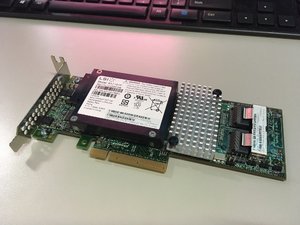- Joined
- Aug 20, 2006
- Messages
- 13,000
Western Digital introduced the world’s largest hard drive this week, the 15TB Ultrastar DC HC620, which, like its predecessors, utilizes shingled magnetic recording technology for high storage density. Seagate said in 2017 they would have a 16TB drive ready this year, but the timetable has presumably changed.
A 1TB gain in the same 3.5-inch form factor is not only significant, but it’s especially compelling for rack-scale TCO. For example, at the 15TB HDD capacity point, the raw storage for a 4U 60-unit HDD SAS or SATA enclosure equates to 900TB. That’s an additional 60TB per 4U of rack space increase from the previous 14TB SMR HDD capacity point.
A 1TB gain in the same 3.5-inch form factor is not only significant, but it’s especially compelling for rack-scale TCO. For example, at the 15TB HDD capacity point, the raw storage for a 4U 60-unit HDD SAS or SATA enclosure equates to 900TB. That’s an additional 60TB per 4U of rack space increase from the previous 14TB SMR HDD capacity point.
![[H]ard|Forum](/styles/hardforum/xenforo/logo_dark.png)
